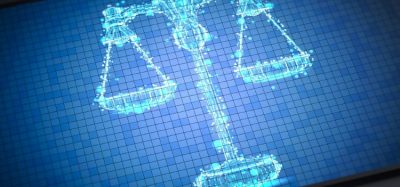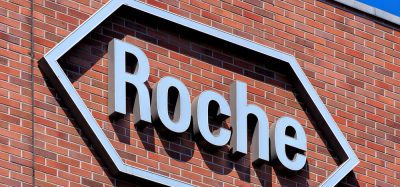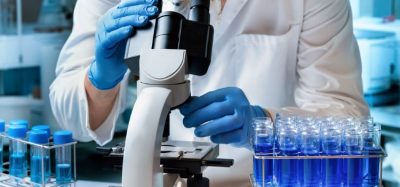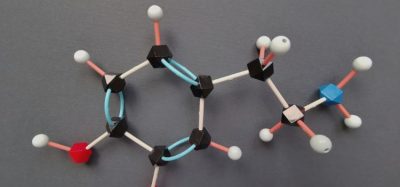CAR-T therapy safe for relapsed or refractory T-cell malignancies, finds study
Posted: 30 September 2022 | Catherine Eckford (European Pharmaceutical Review) | No comments yet
A Phase I trial revealed that Bioheng Biotech’s chimeric antigen receptor (CAR) T-cell therapy drug RD13-01 was safe for use and that it could reduce malignant tumours.
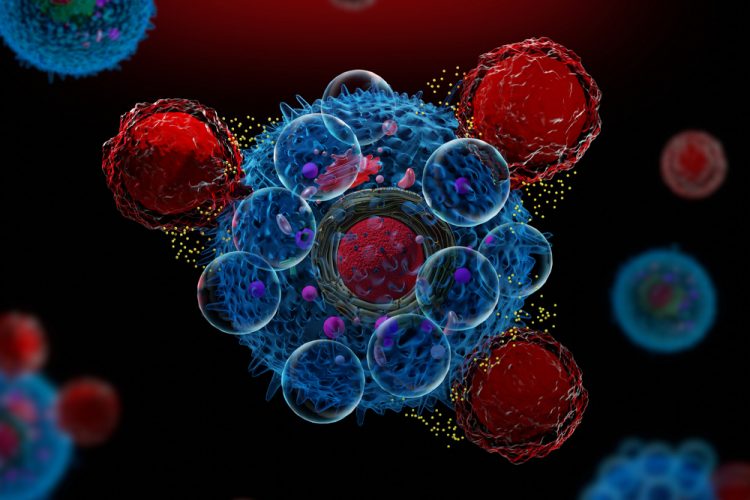

Bioheng Biotech, a biotechnology firm that develops cellular immunotherapies, have issued key Phase I clinical trial (NCT04538599) results for the drug RD13-01, an anti-CD7 universal CAR-T therapy, establishing that it is safe for use and has the potential to eliminate malignant tumours.
It is the first trial to use healthy donor-derived CD7-targeting allogeneic CAR T cells to treat CD7-positive haematological tumours.
Primary investigator of the study, Dr He Huang, Professor of haematology, President of The First Affiliated Hospital, Zhejiang University School of Medicine, China, explained that it was important to study T cell malignancies, as they “…are highly aggressive haematological tumours which are generally associated with poor prognosis. In particular relapsed or refractory (r/r) disease has dismal outcomes with a five-year overall survival (OS) rate lower than 20 percent, there is an urgent medical need to develop novel therapies for this type of disease.”
Allogeneic CAR T cells, generated from healthy T cells, provide a blast-free therapy option, but graft-versus-host disease (GvHD) and host rejection can complicate or prevent treatment. Bioheng Biotech’s RD13-01 drug was created to be antitumour potent and overcome these challenges.
“We developed healthy donor-derived, CD7-targeted CAR T cells (RD13-01) with genetic modifications to resist fratricide, GvHD and allogeneic rejection, as well as to potentiate antitumour function. It is easy to use with excellent safety and efficacy. Collectively, these promising results demonstrate our next generation allogeneic CAR-T platform’s potential to maximise CAR-T’s functionality to eradicate malignant tumours,” added Dr Jiangtao Ren, Bioheng co-founder and Chief Scientific Officer.
The trial studied 12 leukaemia and lymphoma patients with positive haematological malignancies. Patients were injected with a lymphodepletion chemotherapy of fludarabine, cyclophosphamide and etoposide prior being infused with RD13-01. At a follow-up 10.5 months into the trial, four participants stayed in remission. Overall, no patients experienced more than grade 3 Cytokine release syndrome (CRS) and nine (82 percent) of the 11 patients included in efficacy analysis attained a measurable response. Of the eight patients with leukaemia, six (75 percent) achieved measurable residual disease (MRD)-complete remission (CR)/CRi.
Dr Huang remarked that the time for a patient enrolling onto the study and beginning treatment was never more than one week and no participants were unsuccessful in receiving the infusion due to disease progression, leukapheresis or manufacturing malfunction.
He also added: “Besides the marked attenuated cytokine release syndrome (CRS) safety profile and impressive efficacy enhancement, I am also impressed with the availability and accessibility of RD13-01 for these patients with uncommon aggressive malignancies.”
The results were published in the Nature journal, Cell Research.




